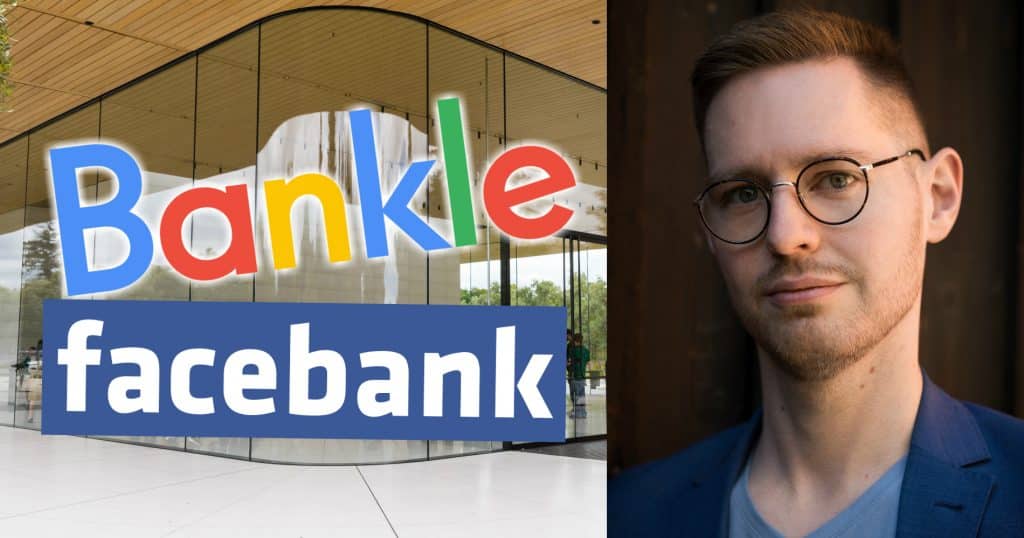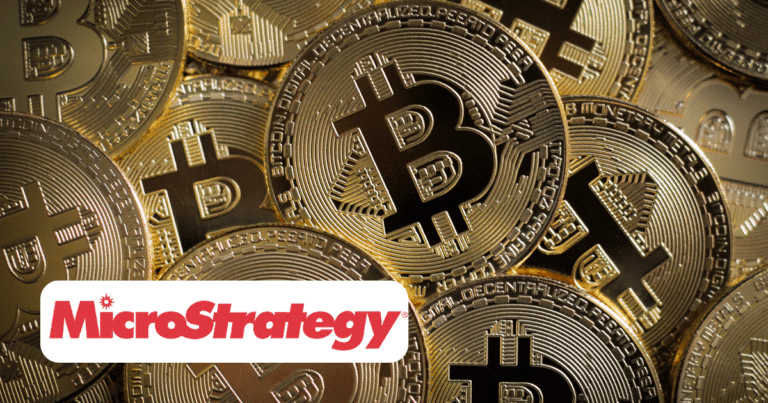Every time new technology is invented, there are individuals, politicians, and companies that are skeptical and tries to halt the development. It happened when the internet became a thing back in the mid-1990s, it happened when the new technology enabled people to share film and music with each other around the year 2000 and it is happening today with cryptocurrencies and blockchain.
Because that is how things work. When new and exciting things are invented, there are always people and industries that feel threatened. With the internet, it was the media industry, with piracy it was the film- and the record industries, and with cryptocurrencies, it is the banking- and financial industry. It might be fear of losing power and money, or it might be fear that the new technology might be abused.
On the other side, we have the proponents. They often promise the moon and the stars and explains how the power now with be distributed to the people instead of the media giants, the film- and record industries or be held by the corrupt banks.
Internet would give us a world where anyone could make their voice heard just by starting a blog
When the internet broke through on a large scale, this was at the center of the discussion. The internet advocates were arguing that the power of information was concentrated to the media industry, but that the internet could help us build a world where anyone, regardless of access to established media platforms, would be able to make their voice heard just by starting a blog.
The same arguments returned once again in the piracy debate a few years later. The piracy proponents argued that the new technology would open the possibility for anyone who created film or music to distribute it and earn money from it without the need of Universal, Sony, EMI or Warner. In the music industry, these four had a combined market share of 72 percent back in 2005 but with the help of the file-sharing technology, we were promised that they would lose their power to the artists.
But hindsight is 20/20 and today we know how it played out. The media industry lost a lot of their power, but it didn’t go to every one of us as individuals. Instead, we got Google (90.3 percent market share) and Facebook (63.03 percent market share) controlling pretty much all of the global streams of information.
The film- and record industries lost a lot of their power, but it didn’t go to the individual artists
The same goes for sharing and piracy: the film- and record industries lost a lot of their power, but it didn’t go to the individual artists. Instead, the power was concentrated around gigantic companies like Spotify (42 percent market share), Youtube and Netflix (with a combined market share of 86.8 percent).
You might be able to guess where this is going now. The same arguments that surrounded the internet- and piracy debates, are now told once again about blockchain and cryptocurrencies. According to the proponents, a group that I am certainly a part of, the crypto revolution will lead to less power for the banks and others in the financial industry, and more economic control and freedom to the individuals.
And fine, I truly believe that the banks will lose both money and power in the economic revolution that we are now seeing. The history has taught us that the ones that currently controls an industry have serious difficulties adapting to the new reality when new technology suddenly changes everything.
I don’t think that the economic power will be distributed to the people
However, I don’t think that the power will be distributed to the people. Because the history has also taught us that new technology on a global market also opens the door for one or a few new players to grow until they totally control one or several industries all by themselves.
This is, to say the least, a dangerous and problematic development when it happens in the information-, music- and film- industries. It is also problematic when it happens to the online shopping industry as with Amazon (61 percent combined market share, but over 90 percent in some categories).
But what happens if and when the whole financial market is controlled by one or possibly a few global companies? Companies that might not even have started yet or that have started, but are still just a small team sitting in a basement somewhere (probably in Asia). Companies that will grow so big that they will become independent of laws and regulations.
What do we do if cryptocurrencies and blockchain lead to a world where a Google of banks controls 90.3 percent of the financial markets?
Totte Löfström,
CEO of Trijo Exchange and Trijo News





